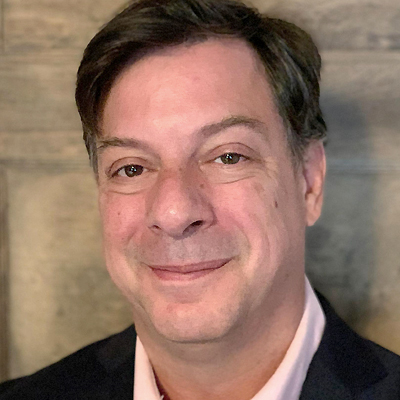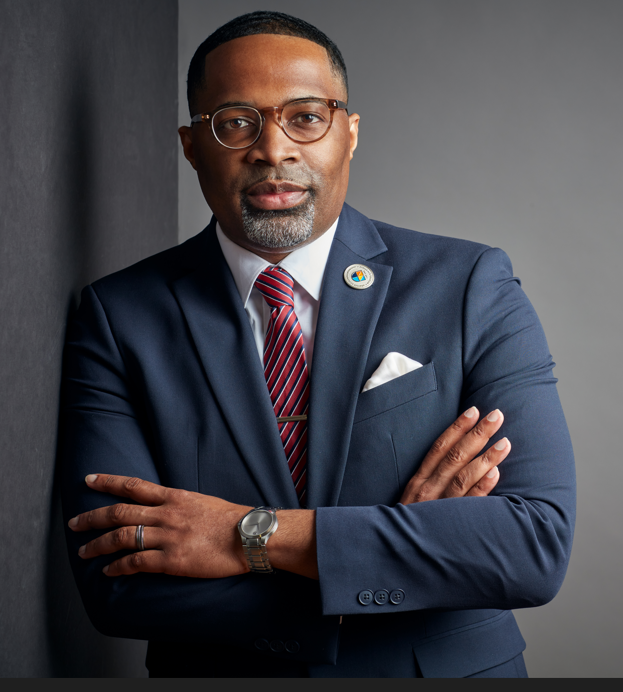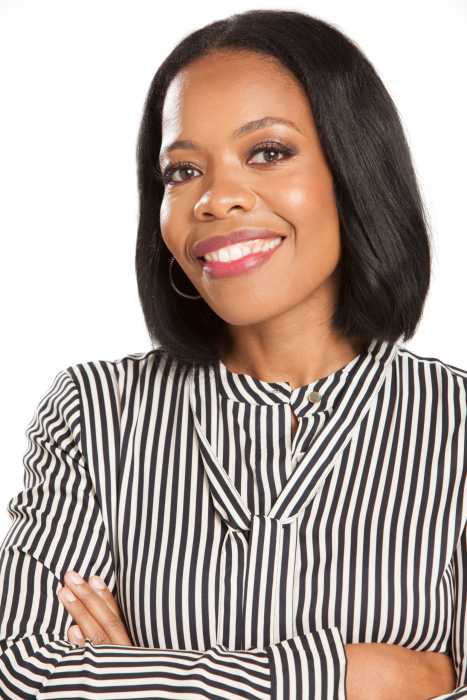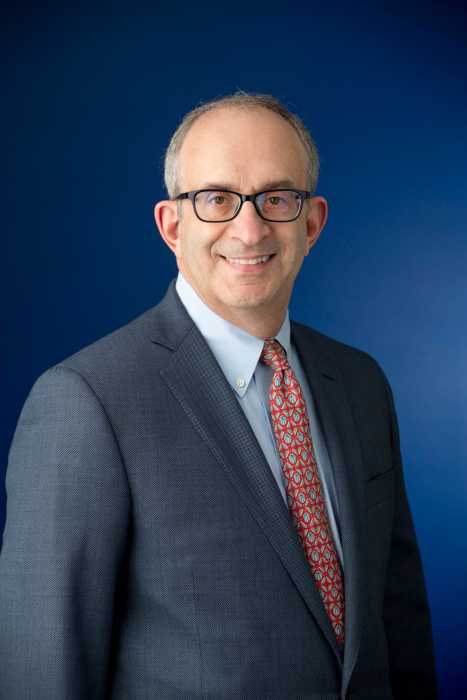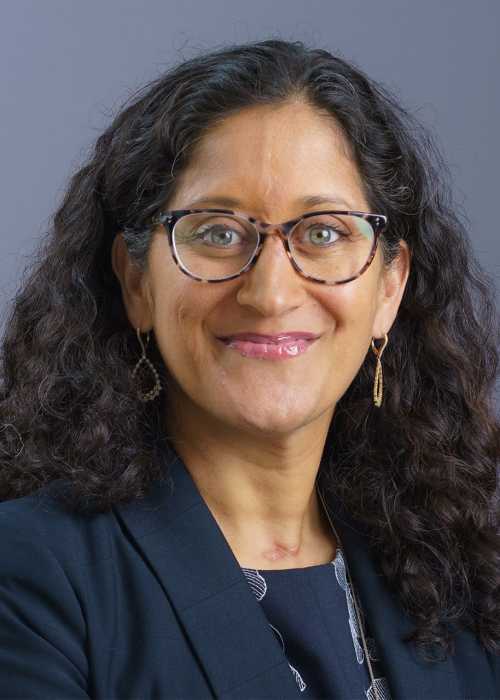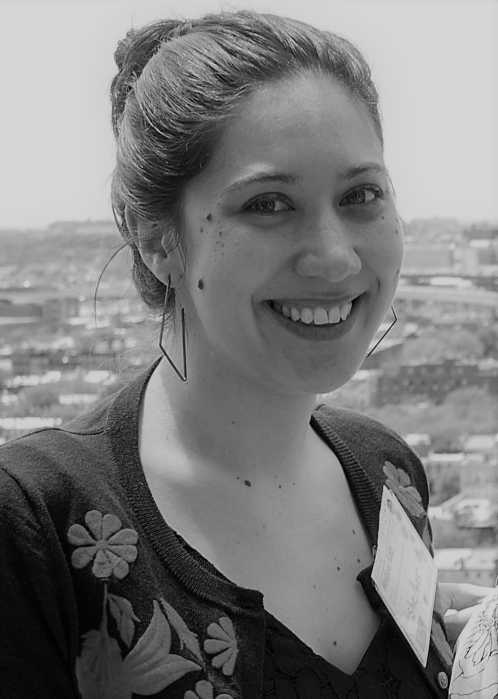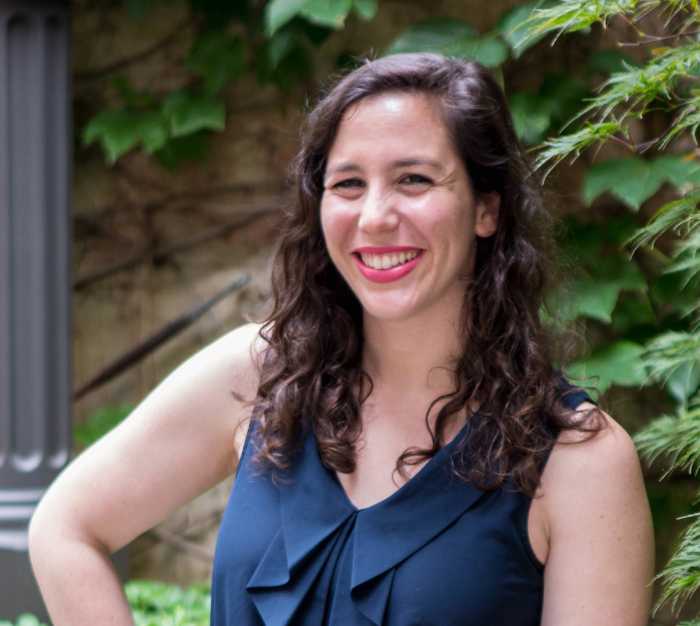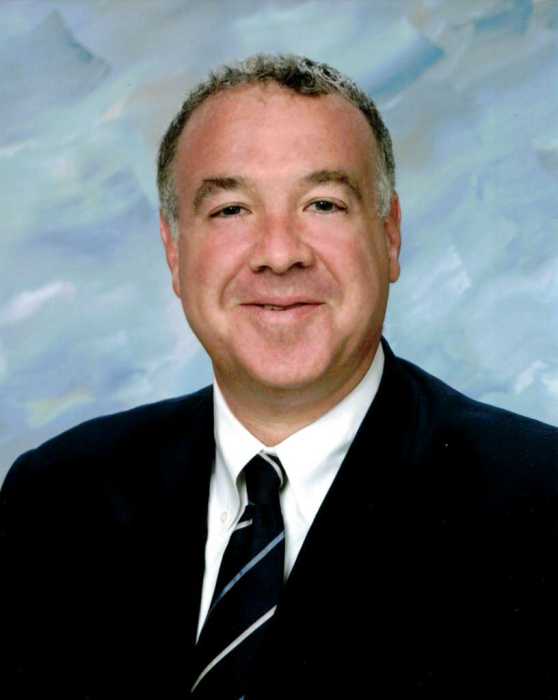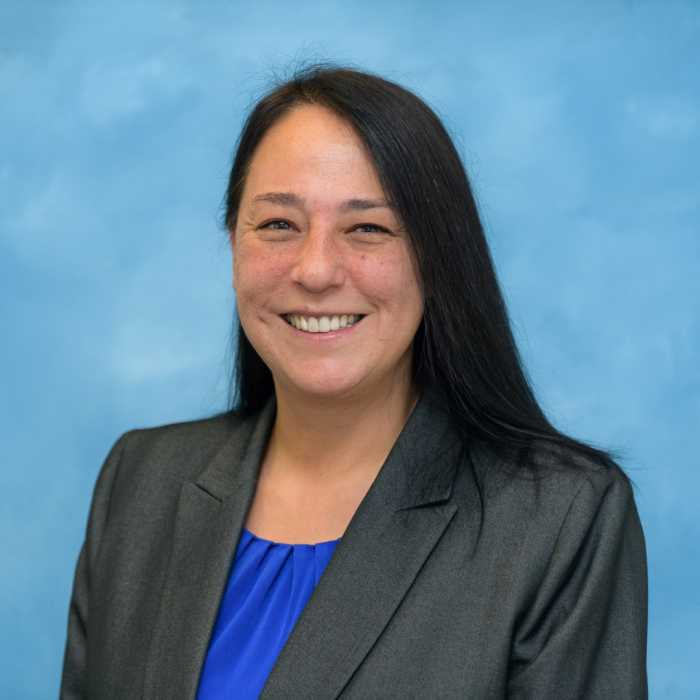Erik Joerss helps shape the legislative agenda around New York City charter schools, building grassroots and media campaigns, while directing the lobbying efforts of the organization to build an environment that allows charter leaders to create great public schools and families to access them. He is an active political volunteer, from assisting with a multilingual voter helpline for Biden/Harris 2020 to holding memberships in the Brooklyn Democrats’ County Committee and the Bay Ridge Democratic Club. Erik spends his free time with his wife, daughters, and Fasha the dog.
What can New York policymakers do to ensure equitable access to quality education?
In Mayor Adams’ own words — we need to scale up excellence. So let’s bring more public charter seats to New York City. Every charter is unique, but what they all share is the structure of autonomy and accountability that allows new ideas and methods to flourish as long as it helps children learn. School choice is something that middle-class and wealthy families take for granted, whether it’s switching neighborhoods, moving to suburbs or paying tuition. Charters provide some of that choice to those without the financial means to spend their way out of an underperforming school.
What conditions or resources are conducive to a safe and effective learning environment?
The ability to create a school culture where grownups are rowing together on behalf of students is a prerequisite to a sustainably excellent learning environment where achievement is celebrated, students are free from harassment and bullying, and families are engaged as the third leg of the education school (a metaphor I learned from former NYC Council Education Chair Danny Dromm). While this isn’t unique to charter schools, it is a deliberate part of the model.
Describe a learning experience from your own education that stands out.
Despite my best efforts to underperform my abilities in high school, Mr. Harry Anderson, who taught my U.S. History class, and Mrs. Olga Dufour, English Literature, went above and beyond to keep me engaged, from bringing me with them to volunteer at soup kitchens on weekends, to exposing me to programs like the Model Congress/U.N. to force feeding me great books, they refused to give up on my sometimes lazy, careless, unaware self. The impact of a great teacher isn’t always obvious in the moment, but the results can be lifelong.


